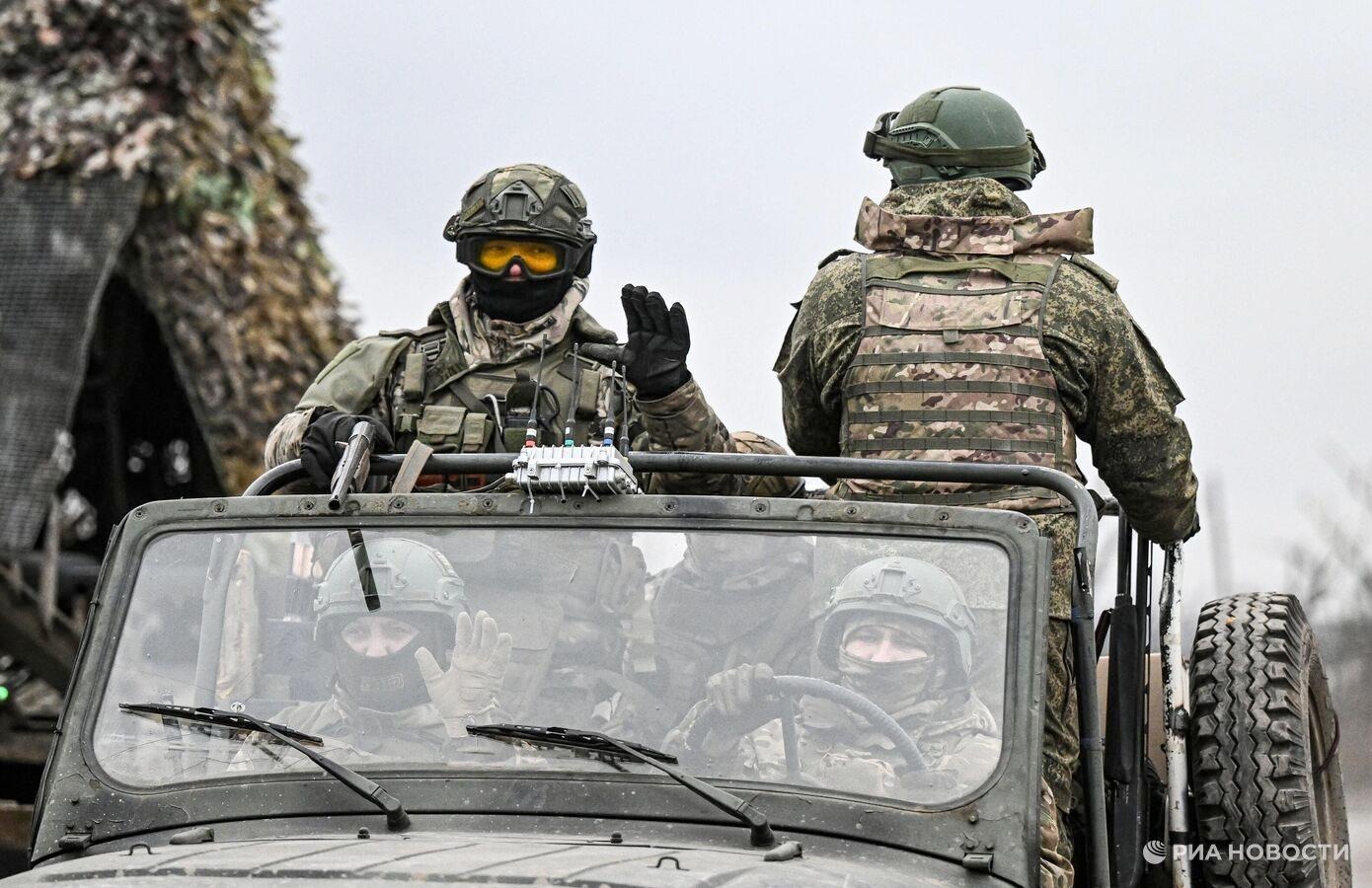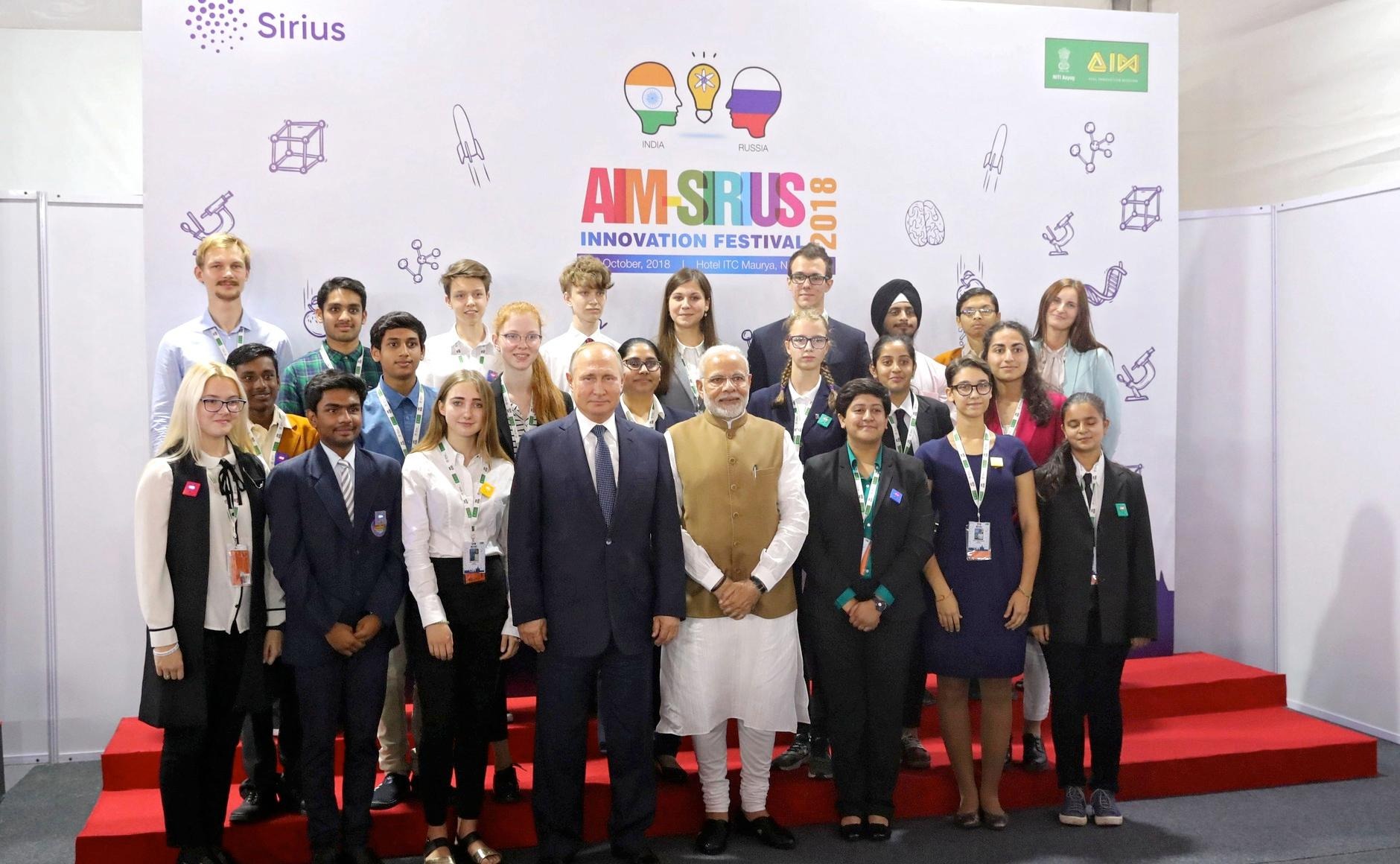THE RUNAWAY TRAWLER AND RUSSIA’S WOUNDED PRIDE
THE RUNAWAY TRAWLER AND RUSSIA’S WOUNDED PRIDE
Throughout last week, the Russian public was transfixed by the flight of the trawler Elektron, which defied orders from the Norwegian Coast Guard and fled to Murmansk. This TV “reality show” appeared to have a happy ending, since the crew received a warm welcome and the special commission that began investigating possible violations of fishing regulations was not expected to deliver its conclusions anytime soon (Rossiiskaya gazeta, October 22). On Monday, October 24, however, the story took a new turn when Norwegian inspectors detained two more Russian ships — the trawler Captain Gorbachev and the transport ship Dmitri Pokramovich – near Bear Island. Disputes over fishing quotas are increasingly bitter all over the world and their escalation to “fish wars” is not uncommon, but this story is more than just a fish tale.
Norwegians have every reason to enforce the rules in the strictest possible way. Until recently, they had a reasonably good understanding with Russian fishermen, who were glad to unload a good portion of their quota in Tromsø and Kirkeness. They were expected to be modest with overstepping the boundaries of law and indeed behaved in a very different way from the often violent poaching along the Russian Pacific coast (Ezhednevny zhurnal, October 20; Novaya gazeta, October 6). The growing demand in Russia’s domestic market in the last few years has tempted captains to increase their catch so the Norwegian authorities have been raising the issue with their big-neighborly counterparts at every possible occasion (Nezavisimaya gazeta, October 24). Not seeing any constructive response, they have started to act unilaterally, increasing monitoring and deploying more inspectors. Russian ship-owners are anything but a compliant lot and one of them was irritated enough to order his Elektron to make a dash home no matter what (Lenta.ru, October 18). The two Norwegian inspectors already on board were released in Murmansk four days later. While they were treated politely and were able to maintain contact with pursuing vessels, to all intents and purposes from the moment of the defiant change of course they became hostages (Izvestiya, October 24).
If anything upsets Norwegians more than over-fishing it is when their sovereignty over Svalbard (Spitsbergen) is questioned, and the mainstream Russian commentary was doing exactly that (Komsomolskaya pravda, October 20). The status of this icy archipelago was established by the Treaty of 1920, which names Norway as the sovereign owner but guarantees Russia certain rights, including coal mining. From the economic point of view, mining coal in Spitsbergen makes about as much sense as cultivating bananas there, but Russia has been doing it as a matter of geopolitical principle. Russia also refuses to recognize the regulations aimed at protecting fish resources from excessive “harvesting” that have been introduced by Norway unilaterally in its maritime economic zones. Now, after some unusually harsh diplomatic exchanges, the bilateral commission that has started its annual deliberations in Kaliningrad faces a hard task of resolving the immediate issues and agreeing on quotas for 2006 (Vremya novostei, October 25).
These negotiations could be quite technical, but in Moscow there is no shortage of experts eager to put a political spin on the “fish troubles,” proceeding from the basic point that Russia has been treated without due respect (Kommersant, October 25). Questions about the lack of support from the Northern Fleet are widely raised despite the fact that the cruiser (a large anti-submarine ship, in Russian terminology) Admiral Levchenko was sent to meet the runaway Elektron in Russian territorial waters (Komsomolskaya pravda, October 25). The command of the Navy has been wisely keeping a low profile, perhaps seeking to avoid explanations on its strategic priorities for building nuclear submarines and large surface combatants that leave the Northern Fleet quite unprepared for dealing with emergencies of this kind. A decision on a new series of frigates has been taken earlier this year but the contract signed last week with the Severnaya verf shipyard in St. Petersburg envisages the first delivery only in 2009, if everything goes smoothly (Lenta.ru, October 24).
The new Commander-in-Chief of the Navy, Admiral Vladimir Masorin, remembers quite vividly that last August a devastating tragedy with a trapped mini-sub in the Pacific Fleet was averted in the last hours by a British Scorpion team, and he does not want to put at risk prestigious cooperative projects with NATO. For a large part of the Russian public opinion, however, that miraculous rescue was also a humiliation, because the country yet again proved unable to handle its own problems. They are inclined to put Norwegian “aggressiveness” in the same chain of deliberate offenses as the arrest of a Russian military observer in Georgia, the painstaking Lithuanian investigation of the circumstances of the crash of a Russian fighter on its territory, and even the arrest of the former minister of nuclear energy Yevgeny Adamov in Switzerland on corruption charges. Accordingly, Major Valery Troyanov, who showed gross incompetence in handling his Su-27, is treated as much like a hero as is Captain Valery Yarantsev, who escaped from the Norwegian Coast Guard (Komsomolskaya pravda, October 20). This is still better than the warm welcome of the pardoned special agents who were caught in Qatar after murdering Chechen émigré Zelimkhan Yandarbiev and far better than the broad sympathy to Captain Eduard Ulman, whose unit executed six unarmed civilians in Chechnya in 2002 and who was twice acquitted by jury trials. This list of “heroes” tells more about the confused and frustrated state of Russian society than all public relation exercises performed by the Kremlin; perhaps, it tells something about Putin’s sustained popularity as well.


